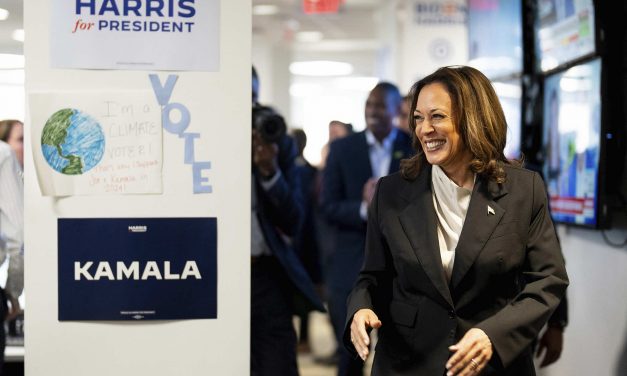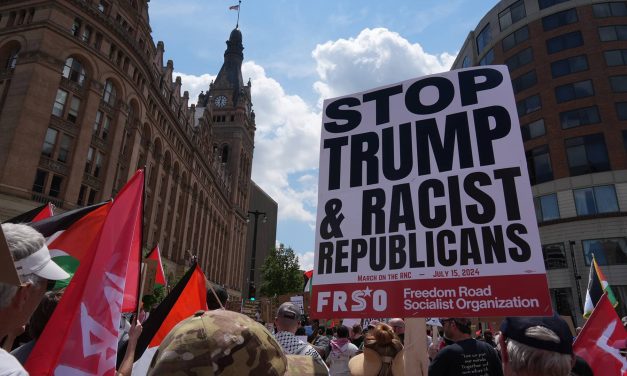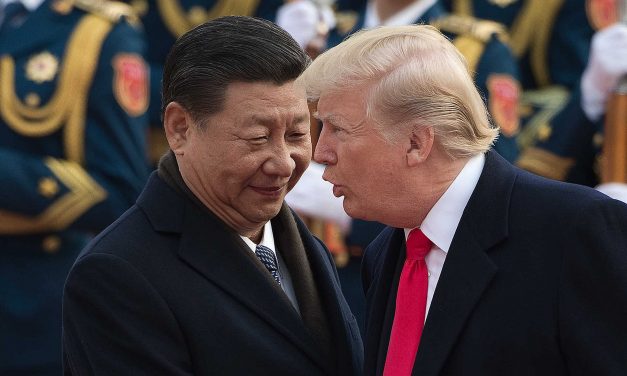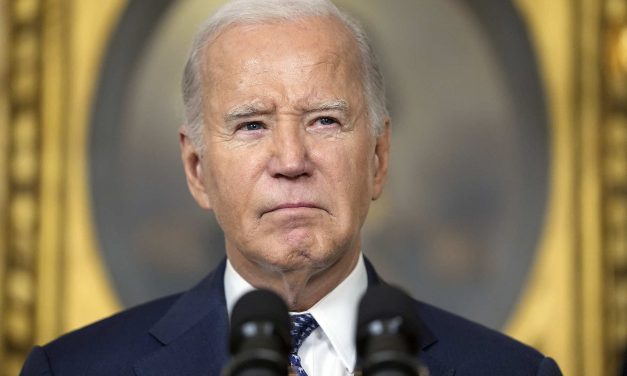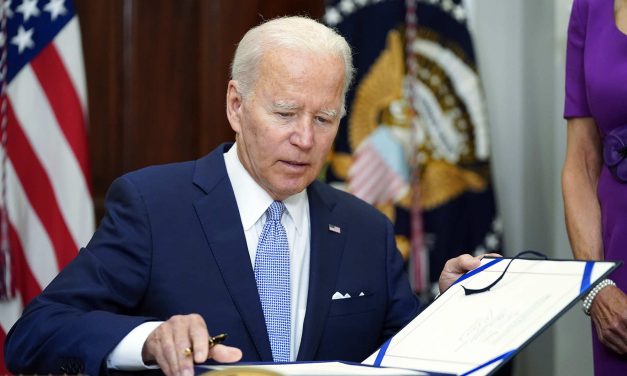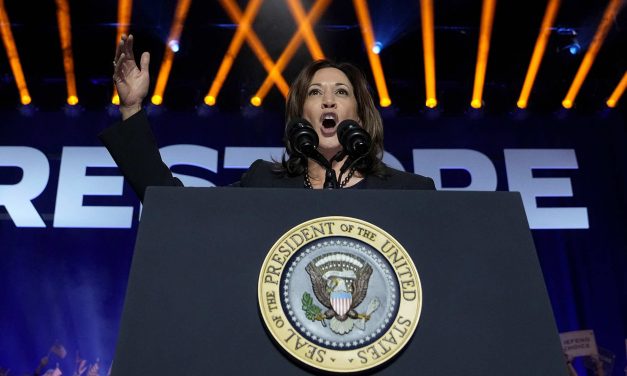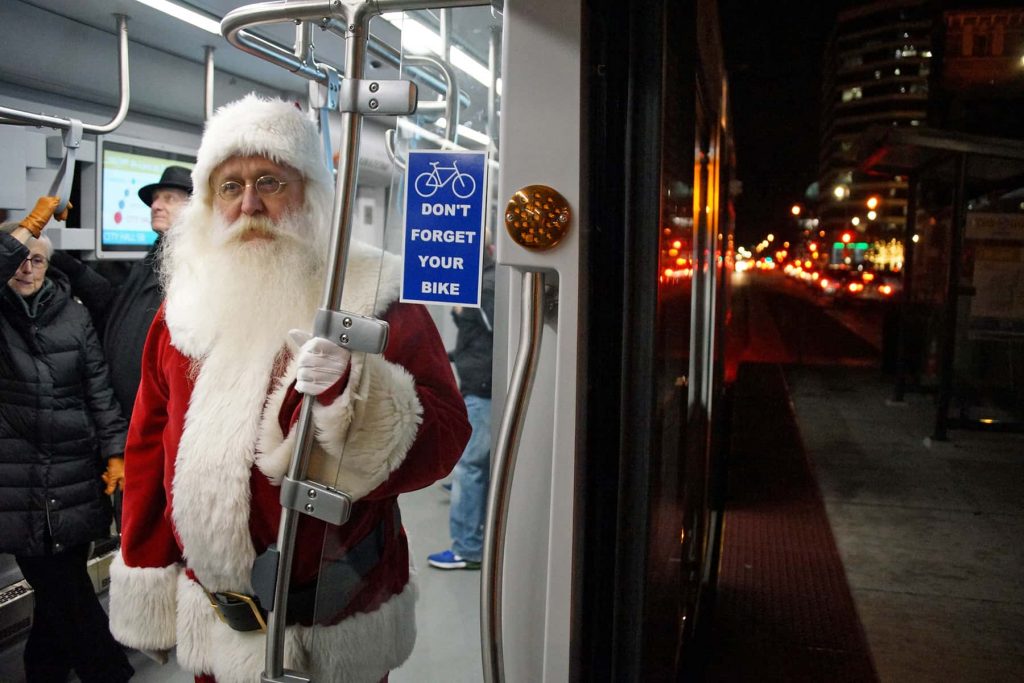Campaign kickstarting: The daunting to-do list for Kamala Harris as she jumps into a presidential run
It is a daunting to-do list. Vice President Kamala Harris suddenly needs to whip up a presidential campaign almost from scratch. It is a process that usually takes months, even years. Harris has only about two months before early voting starts. And, of course, nothing is guaranteed, despite her getting the endorsement of President Joe Biden – and significant pieces of his campaign – after he exited the race on July 21. That means she is in a rush to raise money, figure out a strategy, hire staff, win delegates, set up a website, make some ads, plan a...
Read More
